The Design
An Inclusive design
The font design retains a visually positive and progressive feel throughout the whole typeface design. It also emphasises the sensitive nature of the overall project.

The Polite Type is an open-source font that rewrites hurtful words, replacing them with more inclusive ones. The Polite Type is meant to be used for educational purposes, at schools or by parents - one way to approach this issue and to create a safe space for discussion.
The initial vocabulary for the font has been co-created with high-school-aged teenagers and youth from diverse backgrounds in Finland, together with The Children and Youth Foundation. In Sweden, the initiative is supported by Friends-organization. The project is open to NGOs committed to fighting bullying.
We want to create room for the important discussion to make the online world a safer, more inclusive place for everyone.
Join the discussion #thepolitetype
Play videoFor this one time, it’s ok. The Polite Type recognises common insults and slurs related to a range of themes identified by our diverse project team.
The Polite Type has been developed in close collaboration with a diverse team with wide-ranging backgrounds in anti-racism work, gender research and D&I consulting. Additionally, the initial vocabulary for the font have been co-created with high-school-aged teenagers and youth from diverse backgrounds in Finland, together with The Children and Youth Foundation. Additionally, we have referred to the publicly available recommendations of a variety of NGOs promoting diversity and inclusion.
We are inviting individuals, developers and companies worldwide to further develop the font and join the cause against cyberbullying. We want to spark conversations among people of all ages about ways of tackling bullying. The Polite Type is one way to approach this issue and to create a safe space for discussion.
As the global pandemic has moved our social encounters, workplaces, classrooms and schoolyards online, addressing cyberbullying is more topical than ever. Globally, studies show that a third of all bullying now takes place online. Of the participants of our youth workshops, 65 percent reported they had faced online bullying, with the number of incidents increasing with the coronavirus.
We are against hate speech in all its forms. We believe that being polite and respectful should be the default choice on the internet.
The Polite Type font is launched in an open-source format, which enables for further development. We want to share the font with everyone interested in addressing this issue in their own lives or on a societal level.
As of now, the font utilizes a continuously expanding vocabulary. In the future – with the help of machine learning – it could be taught to understand and recognize broader contexts. Our open-source approach invites those who want to develop it further to get involved.
Our aim is to ignite discussion and invite people to take action against cyberbullying. We want to get individuals, developers and other organizations around the world to join the cause against cyberbullying.


The font design retains a visually positive and progressive feel throughout the whole typeface design. It also emphasises the sensitive nature of the overall project.
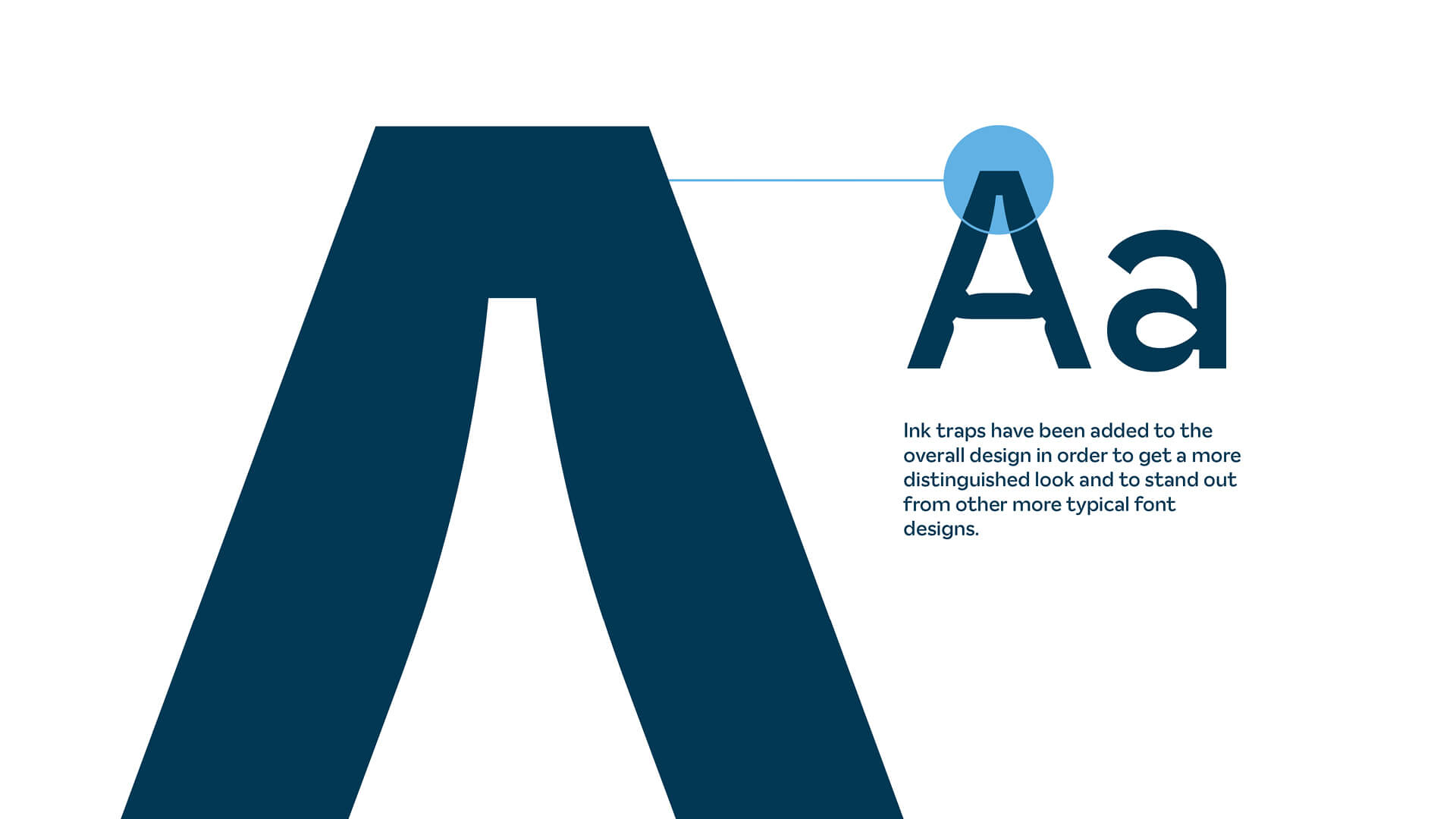
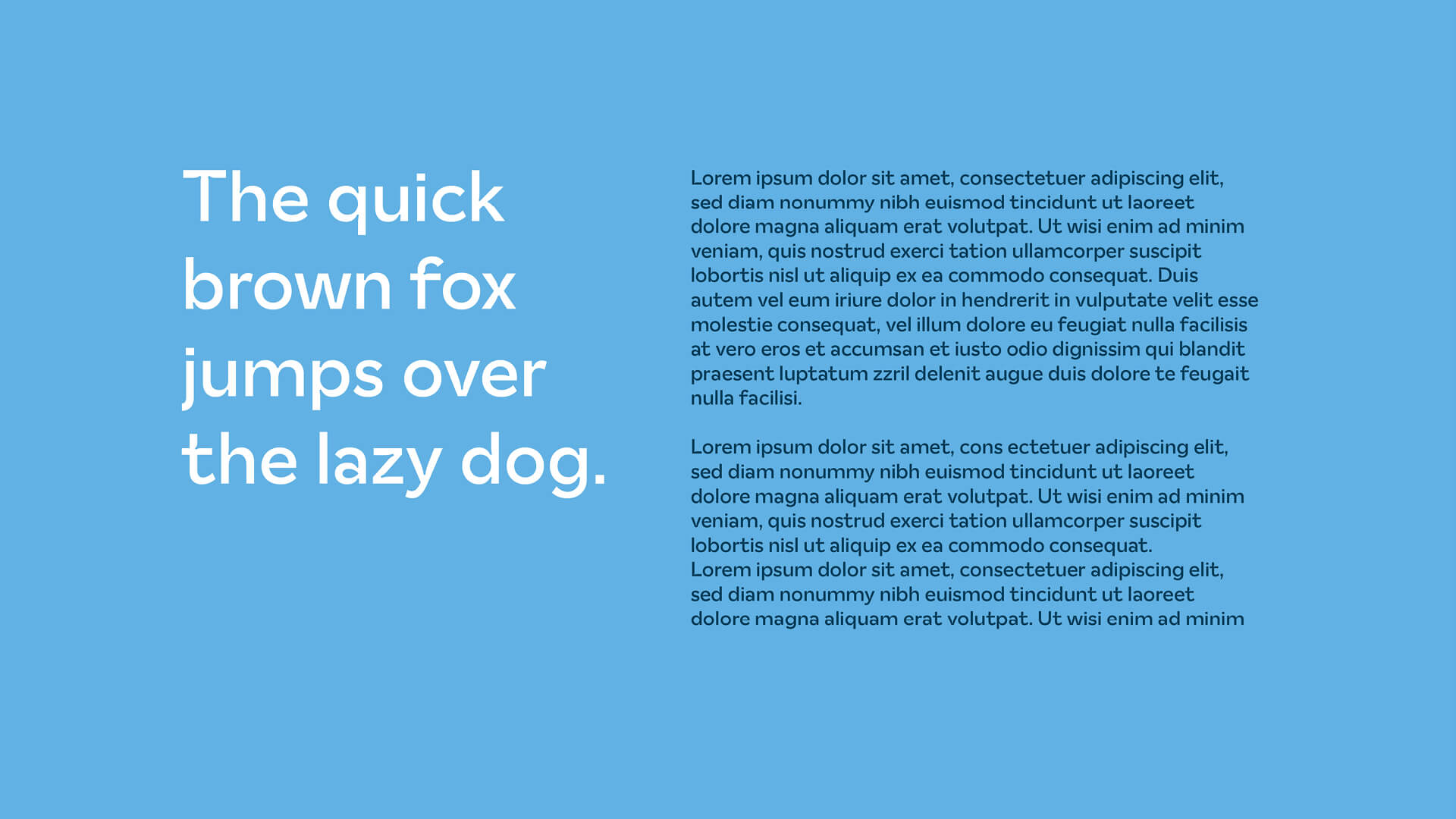
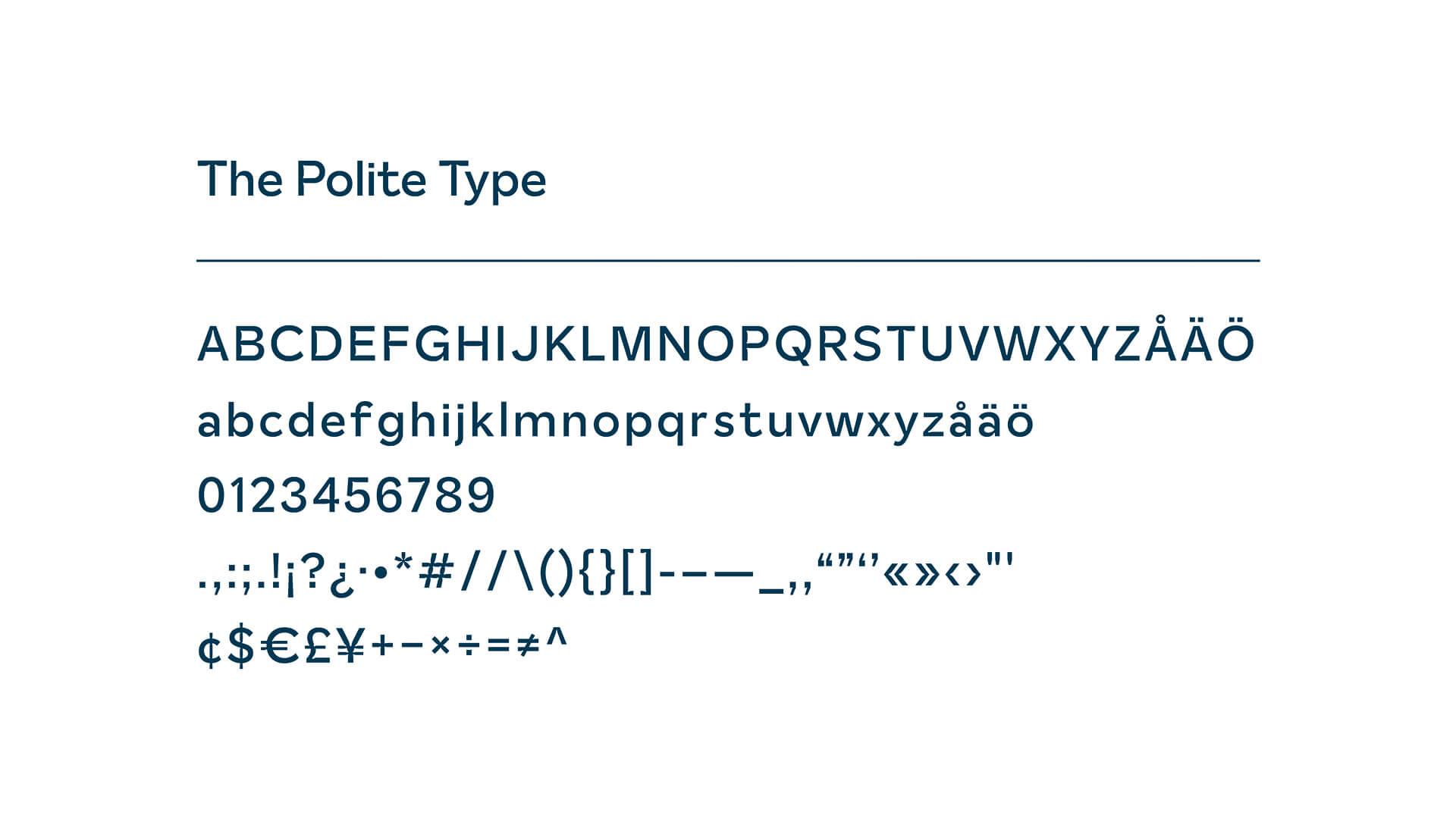
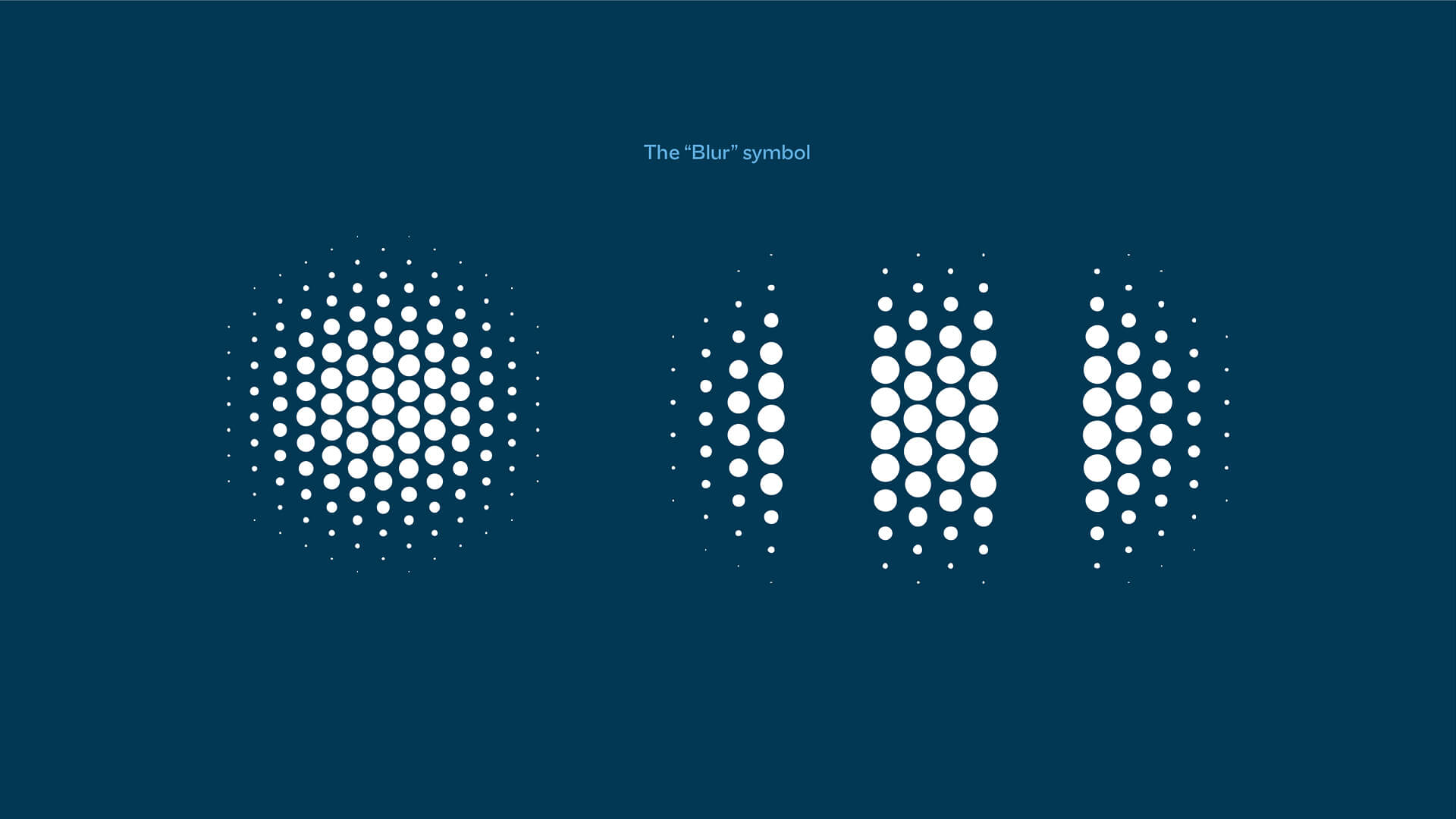
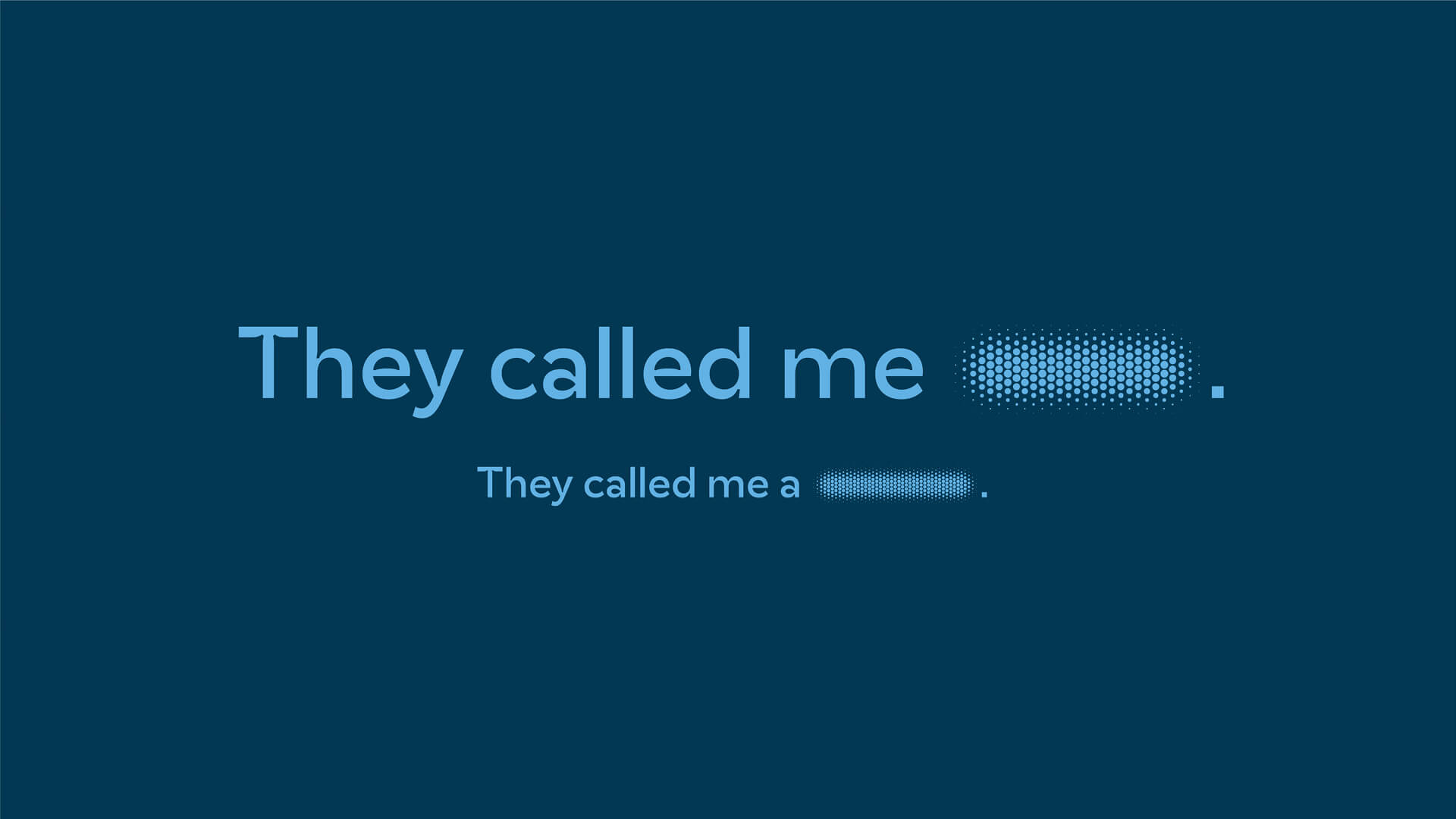
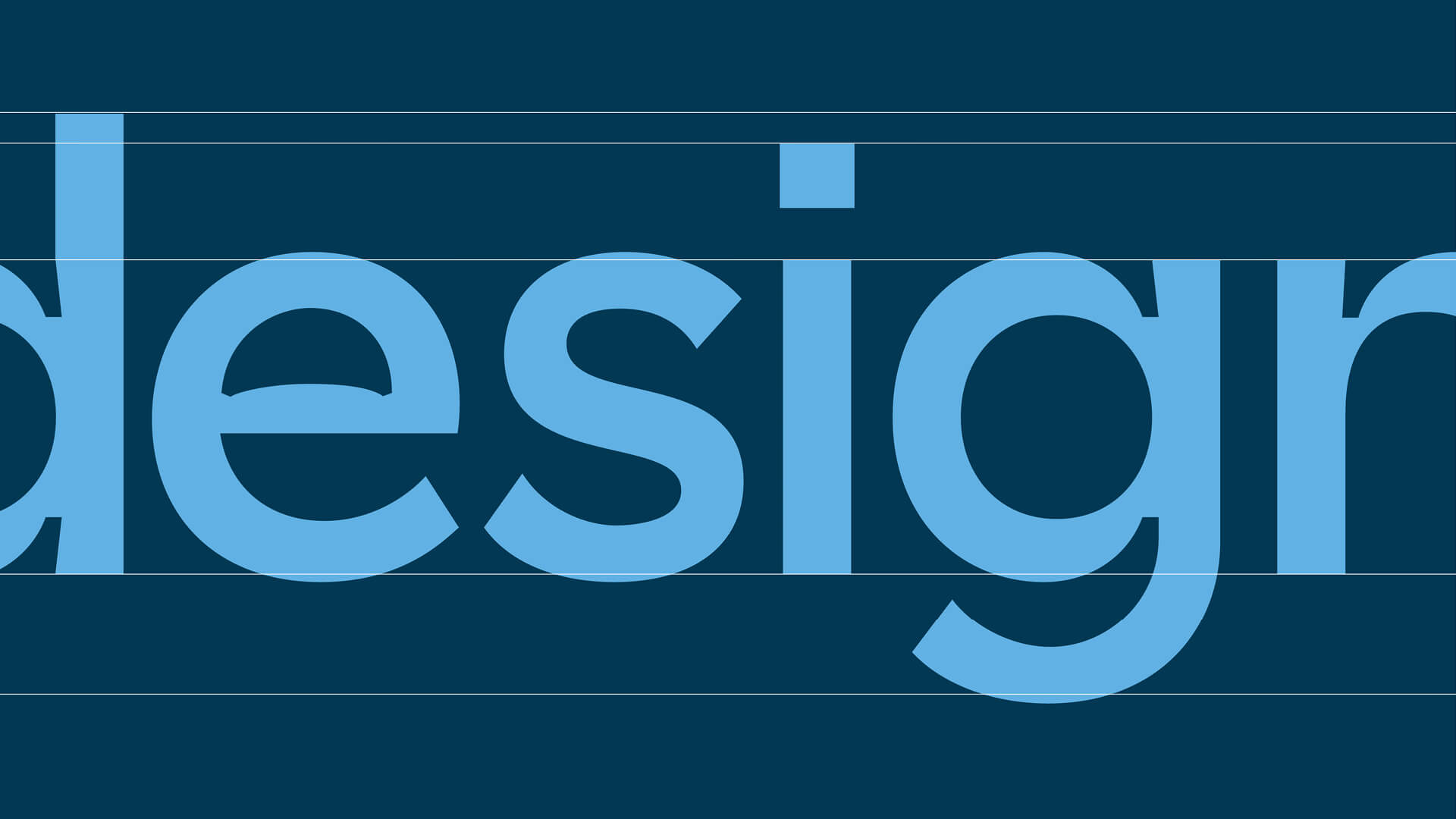
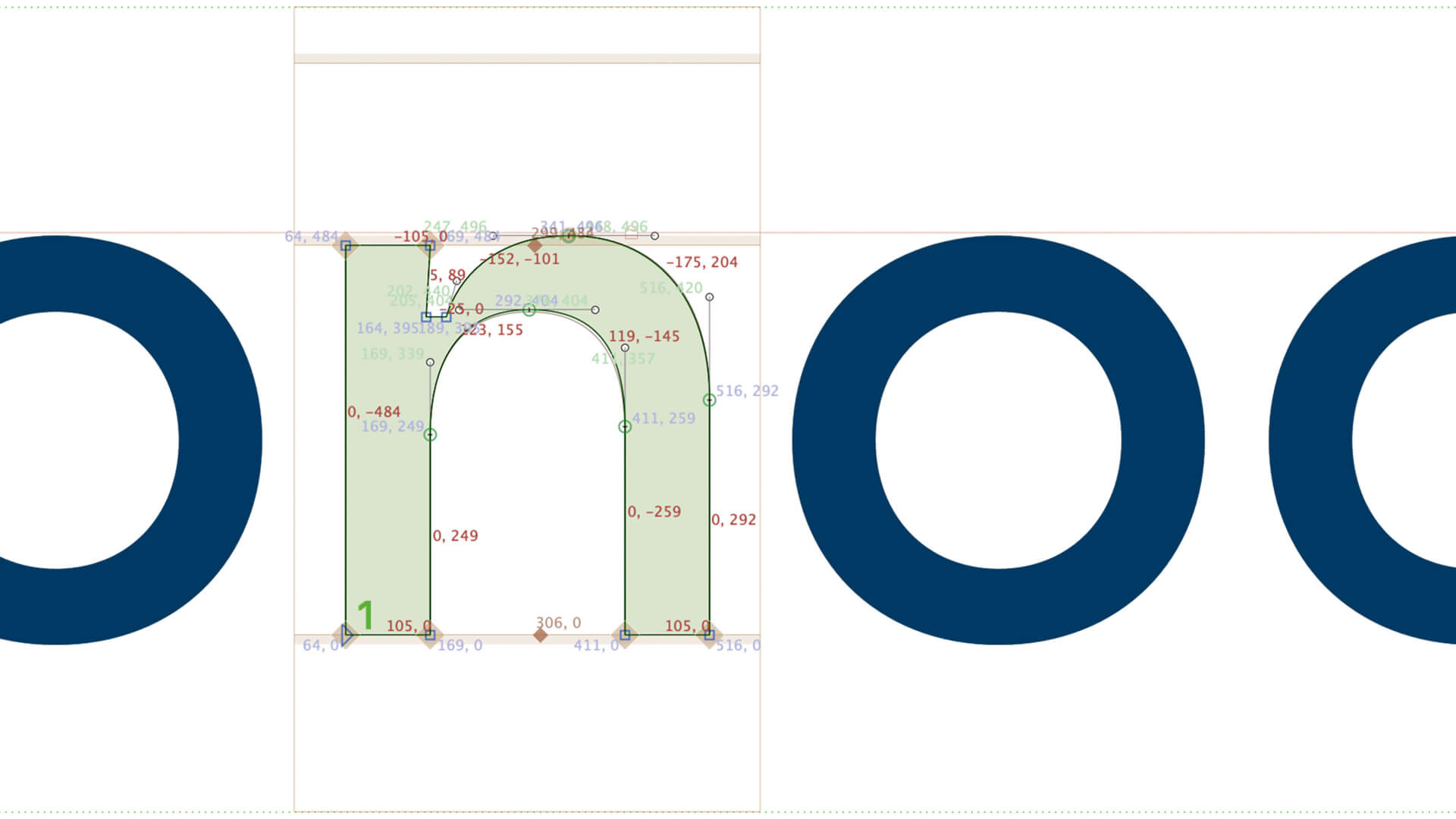
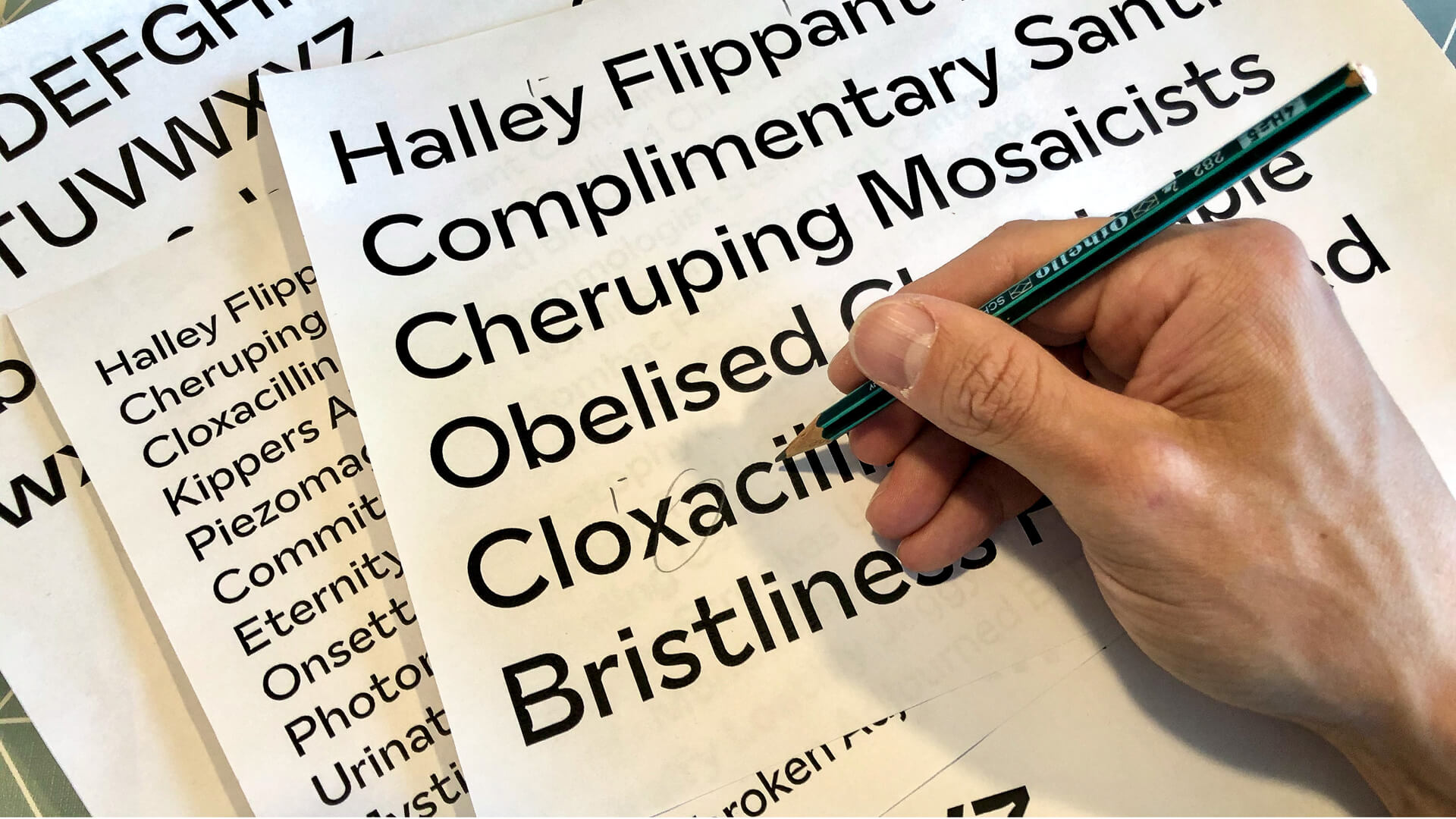
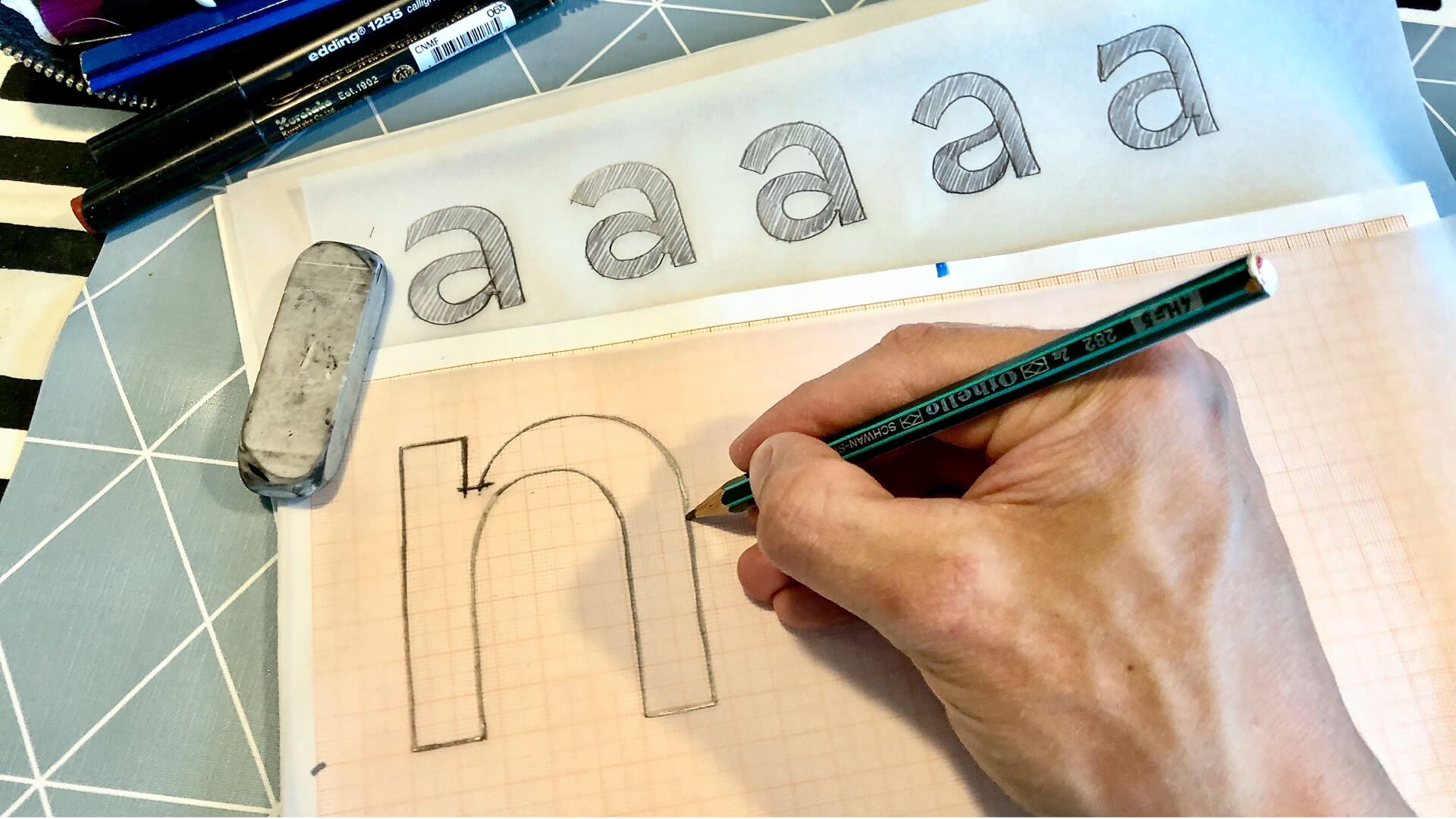
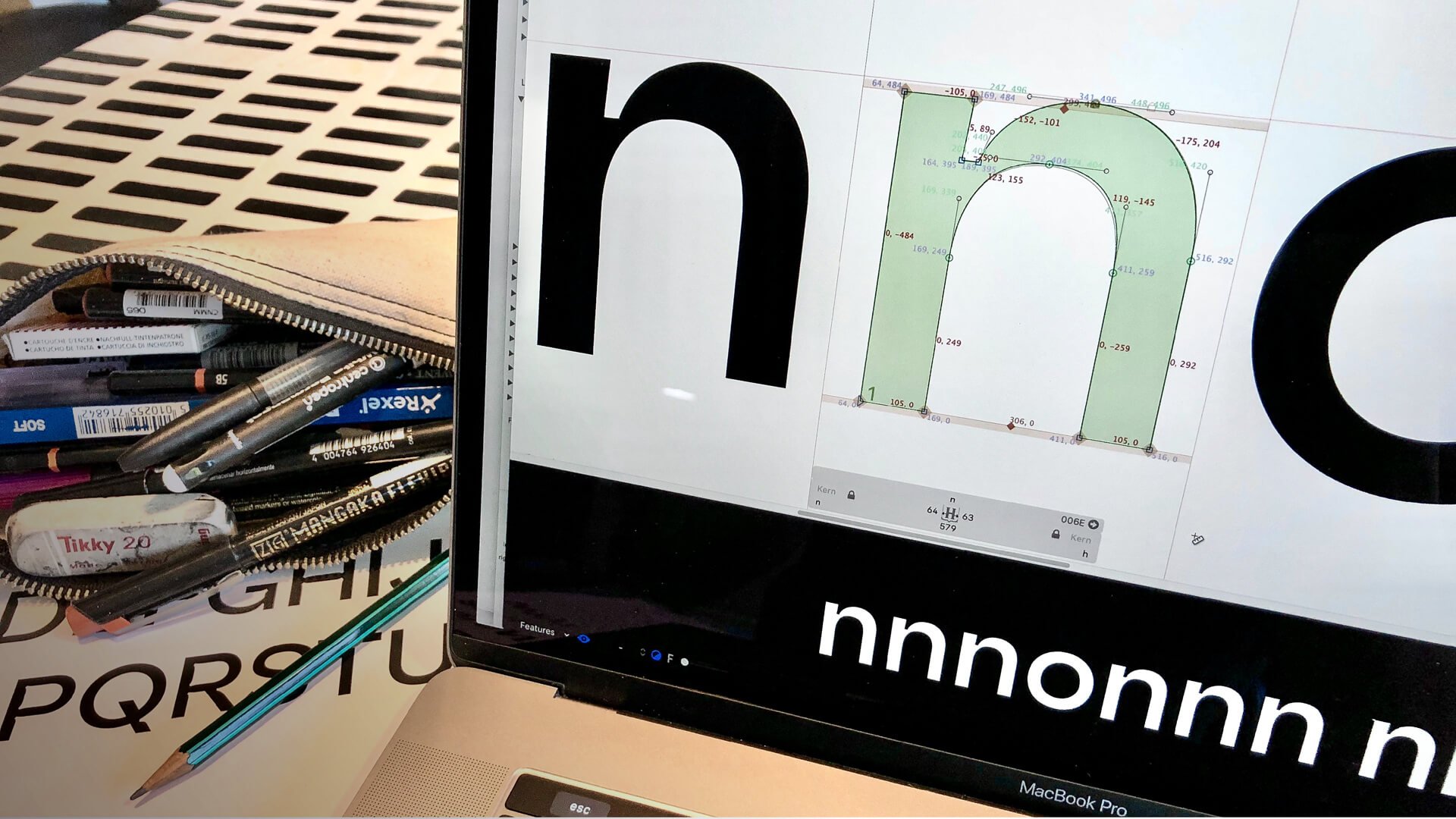
The font is an OpenType font file (OTF) that recognises a number of either discriminative and/or offensive English-language words. After typing the word, the font substitutes it with a more neutral, inoffensive word.

The blur is an integrated part of the design for the words that have no literal translation, or their meaning is too broad to replace with just one word or their purpose is only that of hurting someone. Blurring is commonly used as a way to censor or to hide something offensive, but it has never before been used as a symbol in a font.

The library of words deemed hurtful has been put together in collaboration with people from different origins, religions, world views and sexual orientations. Naturally, the library is always changing with the language itself. This is why we ask for everyone to find words that are not yet in the library to collaborate with us in broadening its vocabulary.
We are glad to receive feedback on the current vocabulary and chosen substitutive words, as words can have multiple meanings. Once the font is installed, it works both offline and online.
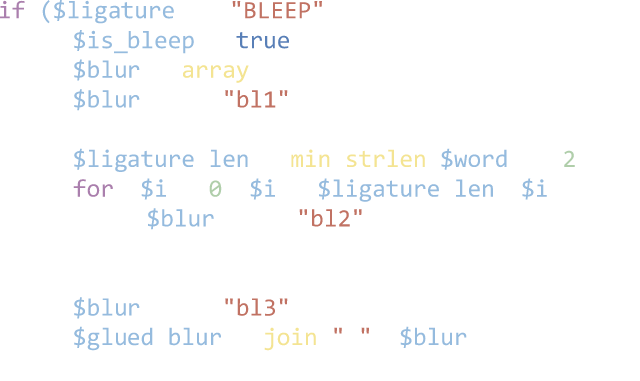

As hate speech is a global problem, further development of the font, word libraries and other possible solutions requires all interested parties coming on board and breathing this initiative into life. We appreciate and encourage all feedback and additions, which you can leave directly through the links below. We take all feedback under consideration and view it regularly to adapt the font accordingly within the possible scope.
If you’d like to participate in the co-development of the font, test it in your company or use it in your software, you can get in touch through the links below:
